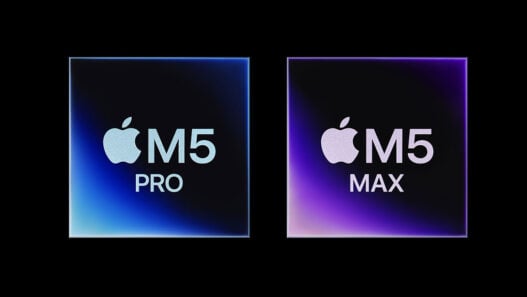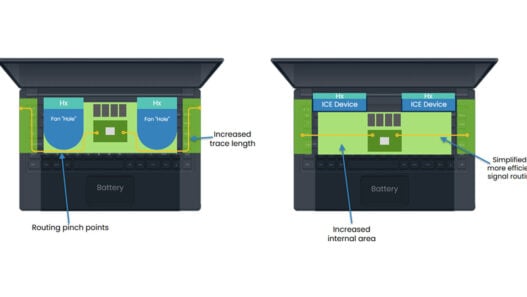With additions to the RCS, RSH, RSI, RSJ, RSL, and RSN series of precision shunt resistors, Riedon has optimised the performance-value proposition at all points along the current measurement scale, from 1-10,000A, while offering enhanced measurement bandwidth at the desired operating current. A four‑point Kelvin connection ensures accuracy by decreasing the influence of terminations when measuring the voltage across the shunt.
The very low resistance values required for shunts, as low as 5mΩ for the 10,000A 50mV output RSL-10000-50, are achieved using Manganin resistive elements. These are manufactured to a standard tolerance of 0.25% with some series offering 0.1% options. Other options include 50 or 100mV outputs and, where applicable, the resistors are mounted on Bakelite bases.
“Riedon is renowned for its quality and service, and for offering the industry’s shortest lead times for power and precision resistors,” said Phil Ebbert, Riedon’s Vice President of Engineering. “But it’s our in-house manufacturing and design capability that sets Riedon apart from most other suppliers. We can compete on price and delivery while also supporting custom designs.”
All Riedon precision current shunts employ rugged designs for increased durability and are produced to rigorous assembly and performance standards using industry recognised standard materials to provide full RoHS compliance.







